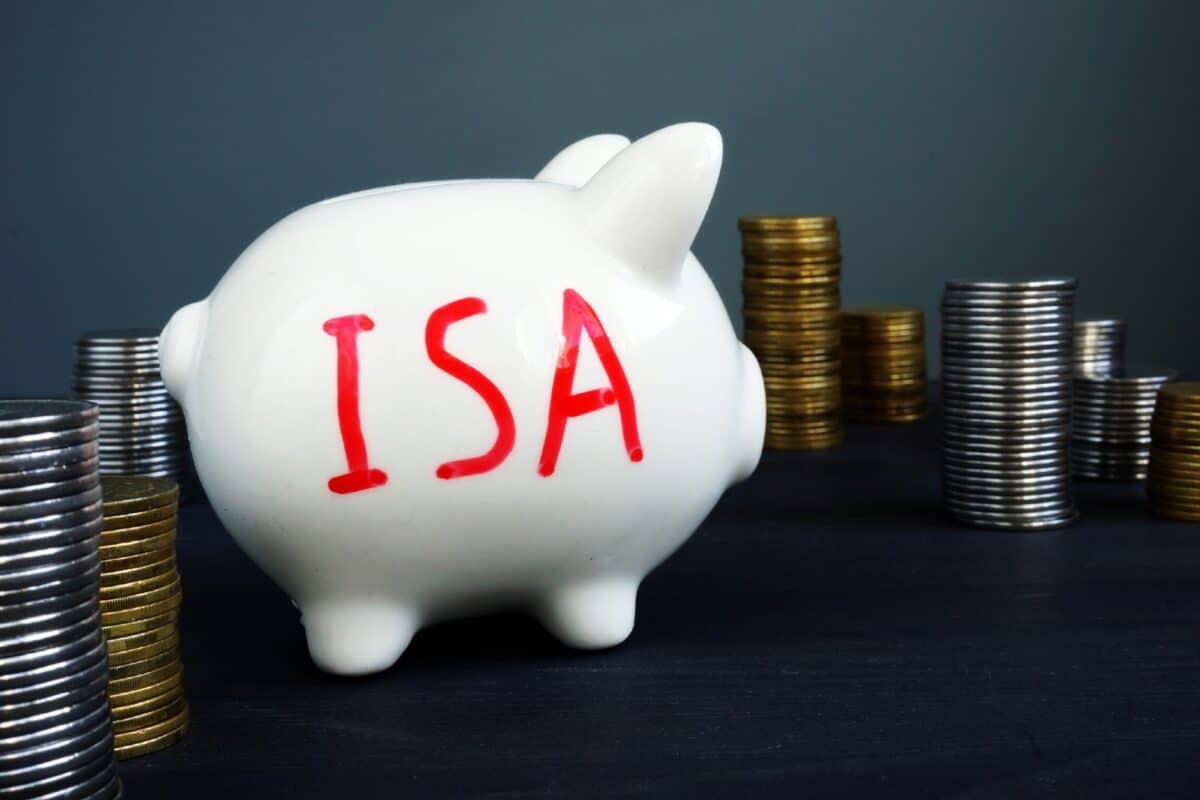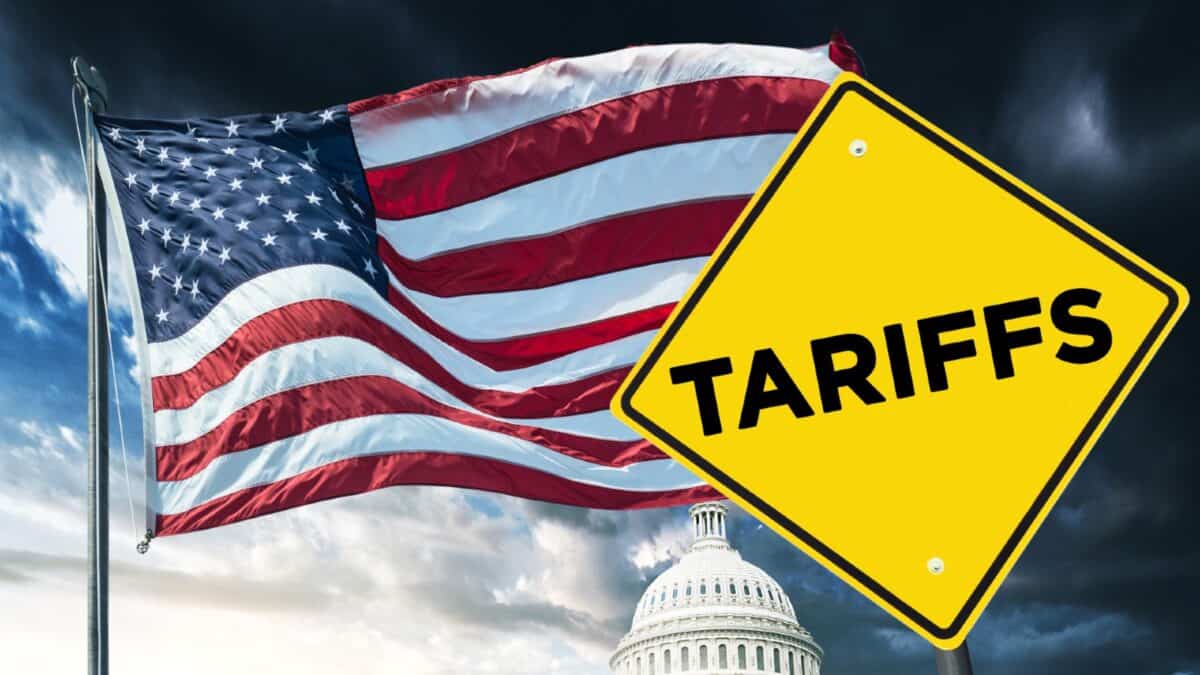Image source: Getty Images
I rank Unilever (LSE: ULVR) shares among the most resilient in the FTSE 100. Over five years, we’ve seen a 9% rise, though that’s fairly modest. But there wasn’t much Covid damage. And the dividend has remained strong.
Unilever has just delivered solid 2022 progress. Reported turnover grew by 14.5%, with underlying sales up 9%. Underlying earnings per share declined a little, by 2.1%. Free cash flow is down, but still came in at €5.2bn.
Unilever returned €1.5bn by way of a share buyback, and paid dividends amounting to €4.3bn. If you look up the definition of ‘cash cow’ in a financial dictionary, I wouldn’t be surprised if it just says ‘Unilever’.
billion+ brands
The company has been strengthening its focus on what it calls its billion+ euro brands. They’re the big sellers, including the likes of OMO, Hellmann’s, Rexona, Sunsilk, and Magnum. The billion+ brands accounted for 53% of turnover, and generated underlying sales growth of 10.9%.
In the words of chief executive Alan Jope, the board has also “prioritised stepping up our brand and marketing investment“. That has come, so far, in the shape of an extra €0.5bn spend.
Reaction
My first reaction to these headline moves is positive. Earnings might have dropped a little. But considering what Jope refers to as “high input cost inflation“, I reckon this is an impressive performance.
It highlights, again, the competitive advantage that a company like Unilever enjoys. It has brand power. And it has the purchasing power that comes with its huge spending. That means it can suffer less than smaller competitors.
Couple that with the essential nature of its products, and I reckon Unilever must be one of the safest investments on the UK stock market.
Costs savings
Looking forward, the update says “Since 1 July 2022, our simpler, more category-focused operating model for Unilever has been in place, organised around five Business Groups and a technology-driven backbone, Unilever Business Operations. We are on track to deliver the new structure within existing restructuring plans, and to generate around €600 million of cost savings over the first two years after 1 July 2022, with the majority in 2023“.
Forecasters expect Unilever to keep generating the cash and paying dividends. They indicate yields of around 3.6% rising to 4% in the next couple of years. Forecasts are often unreliable. But in the case of a company with demonstrated long-term stability, I suspect they’ll be close.
Verdict
I’m saying good things about Unilever here, but it’s not without risks. The main one I see in the short term comes from inflation and recession. The company has reported rising input costs. But I fear we might have only seen the beginning, and we could have a tough 2023. So I suspect Unilever shares could have something of a stagnating year ahead.
We’re looking at high valuations too, with price-to-earnings (P/E) multiples of around 20. In tough economic times, investors might balk at that. I do, however, still rate Unilever as a potential buy for long-term value investors.
Credit: Source link














